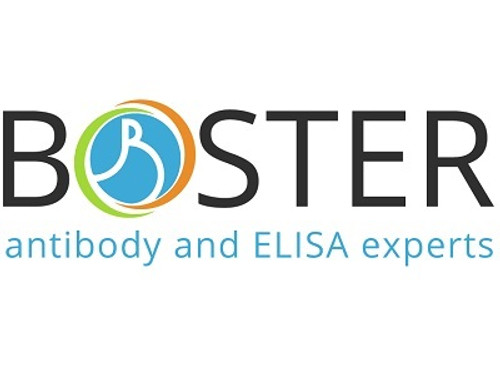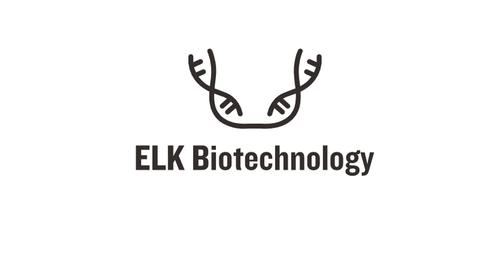Product Description
Human Vesicular acetylcholine transporter (SLC18A3) ELISA Kit | AE19104HU | Abebio
Species Reactivity: Human (Homo sapiens)
Abbreviation: SLC18A3
Alternative Name: MGC12716; VACHT; solute carrier family 18; member 3|vesicular acetylcholine transporter
Application: ELISA
Range: 0.312-20 ng/mL
Sensitivity: 0.117 ng/mL
Intra-Assay: ≤5.7%
Inter-Assay: ≤9.6%
Recovery: 0, 94
Sample Type: Serum, Plasma, Other biological fluids
Detection Method: Sandwich
Analysis Method : Quantitive
Test Principale: This assay employs a two-site sandwich ELISA to quantitate SLC18A3 in samples. An antibody specific for SLC18A3 has been pre-coated onto a microplate. Standards and samples are pipetted into the wells and anySLC18A3 present is bound by the immobilized antibody. After removing any unbound substances, a biotin-conjugated antibody specific for SLC18A3 is added to the wells. After washing, Streptavidin conjugated Horseradish Peroxidase (HRP) is added to the wells. Following a wash to remove any unbound avidin-enzyme reagent, a substrate solution is added to the wells and color develops in proportion to the amount of SLC18A3 bound in the initial step. The color development is stopped and the intensity of the color is measured.
Product Overview: SLC18A3transports acetylcholine into secretory vesicles for release into the extracellular space. Acetylcholine transport utilizes a proton gradient established by a vacuolar ATPase. the human vesicular acetylcholine transporter is encoded by a sequence contained uninterrupted within the first intron of the gene for choline acetyltransferase, the enzyme required for acetylcholine biosynthesis in the peripheral and central cholinergic nervous systems. Thus, the VACHT gene is located at 10q11.2. Transcription of VACHT and CHAT mRNA from the same or contiguous promoters within the single regulatory locus provides a previously undescribed genetic mechanism for coordinate regulation of 2 proteins whose expression is required to establish a mammalian neuronal phenotype.
Stability: The stability of ELISA kit is determined by the loss rate of activity. The loss rate of this kit is less than 5% within the expiration date under appropriate storage condition. The loss rate was determined by accelerated thermal degradation test. Keep the kit at 37°C for 4 and 7 days, and compare O.D.values of the kit kept at 37°C with that of at recommended temperature. (referring from China Biological Products Standard, which was calculated by the Arrhenius equation. For ELISA kit, 4 days storage at 37°C can be considered as 6 months at 2 - 8°C, which means 7 days at 37°C equaling 12 months at 2 - 8°C) .
 Euro
Euro
 USD
USD
 British Pound
British Pound
 NULL
NULL












